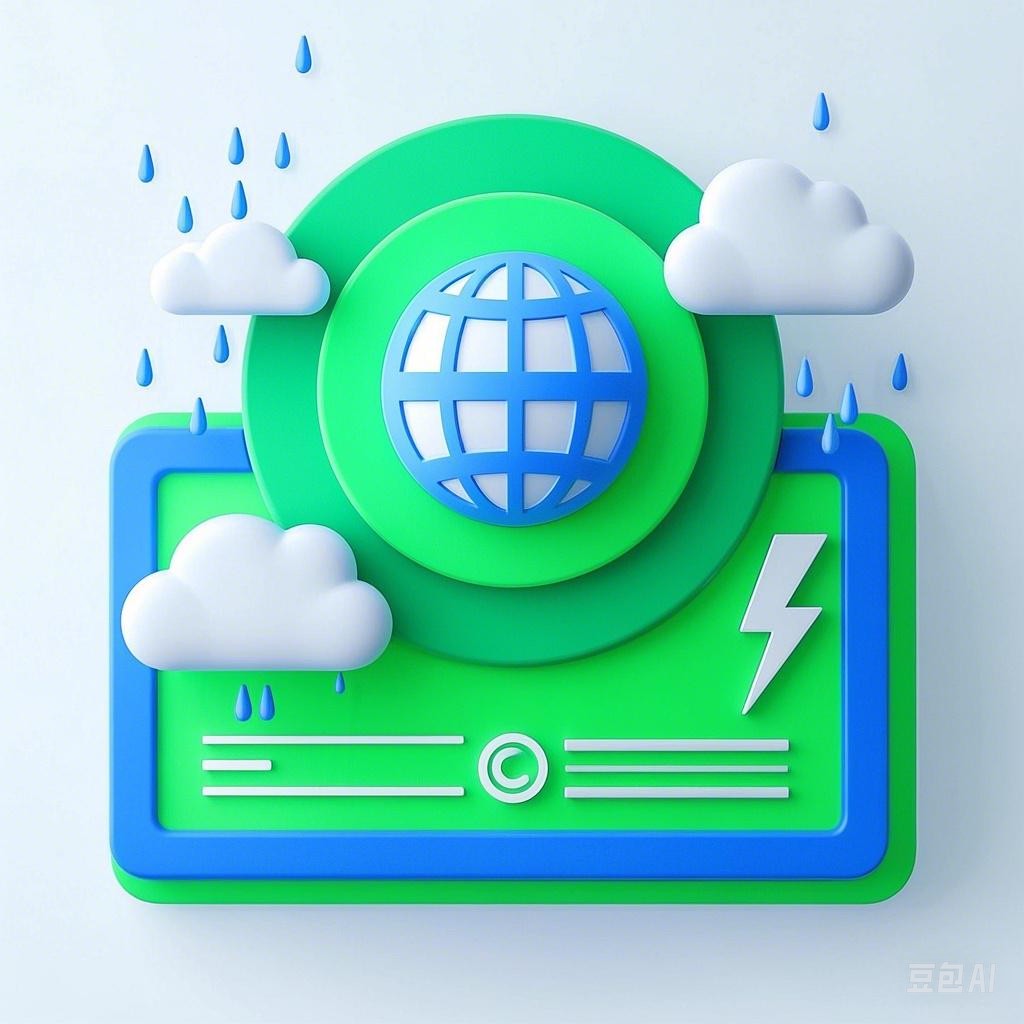Introduction
Extreme weather events, such as hurricanes, droughts, and floods, have been increasingly making headlines in recent years. These events are not only causing significant damage to infrastructure and property but also disrupting ecosystems and affecting human health. This article aims to unravel the mysteries behind these extreme weather phenomena, explore their causes, and discuss how they are changing our world.
Understanding Extreme Weather
What is Extreme Weather?
Extreme weather refers to weather events that occur outside the range of average weather patterns for a particular region. These events are typically characterized by their intensity, duration, and the extent of their impact. Examples include:
- Hurricanes: Powerful storms with strong winds and heavy rainfall.
- Droughts: Extended periods of dry weather that can lead to water shortages and crop failures.
- Floods: Overflowing of water bodies that cause widespread damage.
- Heatwaves: Prolonged periods of abnormally high temperatures.
Causes of Extreme Weather
The primary causes of extreme weather events are:
Natural Causes
- Atmospheric and Oceanic Conditions: Changes in atmospheric pressure and ocean currents can lead to extreme weather events.
- Solar Activity: Variations in solar radiation can affect weather patterns.
Human Influences
- Climate Change: The increase in greenhouse gases, primarily due to human activities, is causing the Earth’s temperature to rise, leading to more frequent and intense extreme weather events.
- Deforestation: The removal of trees reduces the Earth’s capacity to absorb carbon dioxide, contributing to climate change.
- Urbanization: The expansion of cities can alter local weather patterns and increase the risk of extreme weather events.
How Extreme Weather is Changing Our World
Economic Impact
Extreme weather events can have a devastating economic impact, including:
- Property Damage: Homes, businesses, and infrastructure can be destroyed, leading to significant financial losses.
- Loss of Livelihood: Droughts and floods can destroy crops and livestock, leading to food shortages and loss of income for farmers.
- Increased Insurance Premiums: As the frequency and severity of extreme weather events increase, insurance premiums will likely rise.
Environmental Impact
Extreme weather events can have a profound impact on the environment, including:
- Ecosystem Disruption: Extreme weather can destroy habitats and disrupt food chains, leading to a loss of biodiversity.
- Water Scarcity: Droughts can lead to water shortages, affecting both human and wildlife.
- Air Quality: Polluted air can be exacerbated by extreme weather events, leading to health problems.
Social Impact
Extreme weather events can also have a significant social impact, including:
- Displacement: People may be forced to leave their homes due to floodwaters or drought.
- Increased Health Risks: Extreme heat can lead to heat-related illnesses, while floods can lead to waterborne diseases.
- Social Tensions: Resource scarcity and economic hardship can lead to social tensions and conflict.
Conclusion
Extreme weather events are a growing concern, with significant impacts on the environment, economy, and society. Understanding the causes and consequences of these events is crucial for developing effective strategies to mitigate their impact. By addressing the underlying causes of extreme weather, such as climate change and deforestation, we can work towards a more sustainable and resilient future.
